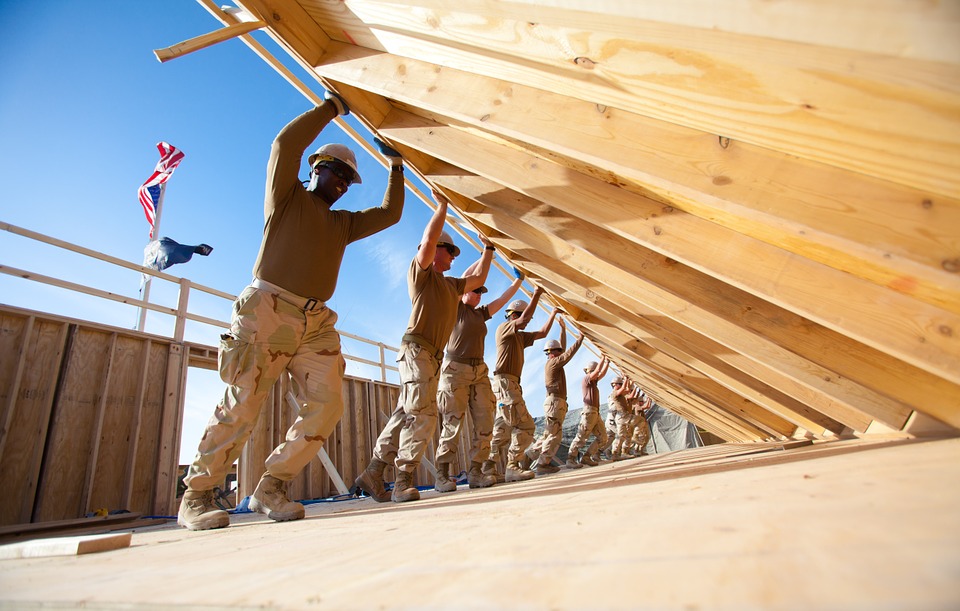President Donald Trump’s administration this week imposed another round of trade tariffs worth some $200 billion on Chinese goods, and now homebuilders say they’re worried it could lead to an increase in the costs of housing construction.

The tariffs, which will come into effect on September 24, will begin at 10 percent and increase to 25 percent in the New Year.
The problem for building firms is that the tariffs target around $10 billion worth of goods used by the construction sector, said Randy Noel, chairman of the National Association of Home Builders, in a blog post this week. He said there are around 6,000 imports in the latest round of tariffs that are used in the construction of new apartments and homes.
The tariffs could lead to “major ramifications for the housing industry,” Noel said.
“With housing costs on the rise, this action translates into a tax increase on housing that will rise even more significantly on Jan. 1 when the tariff rate jumps to 25 percent,” he added.
Noel added that the construction sector was already facing problems due to a 20 percent tariff imposed on softwood lumber imports from Canada. These have already added “thousands of dollars” to the cost of a single-family home, he said.
President Trump has nonetheless been eager to put pressure on China to change what he says are “unfair trade practices” with the U.S. The New York Times reports that a foreign ministry spokesperson is holding talks to help settle this dispute, but it remains unclear if a deal will be reached.
The tariffs will exacerbate another problem in the housing industry, which is suffering from labor shortages that have forced many builders to delay or drop construction projects and increase their home prices.
The problems come at a time when the real estate industry is suffering from major inventory shortages that have helped to drive home values even higher. Economists have been calling on builders to step up production to alleviate inventory problems, but the labor shortage and now the new tariffs make that less likely to happen.